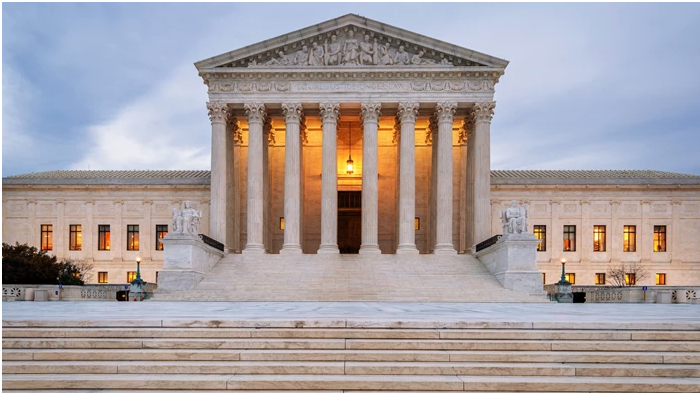
Christianity Today
Christianity Today, also referred to as CT Magazine, is an evangelical Christian magazine founded by the late Billy Graham in 1956. It is one of the largest evangelical Christian publications in the United States, and has been referred to as evangelicalism’s “flagship” publication by The Washington Post and a “mainstream evangelical magazine” by The New York Times.
Upon its founding, Graham said that he wanted to "plant the evangelical flag in the middle-of-the-road, taking the conservative theological position but a definite liberal approach to social problems."
In 2023, the magazine says its mission is “To elevate the stories and ideas of the kingdom of God.” Christianity Today promises to “deliver an exceptional experience that is biblically rooted and beautifully orthodox, globally engaged and thoughtfully diverse, exquisitely crafted and surprisingly creative, always inspired by a love for Christ and his church.”
Previously, Christianity Today supported the impeachments of both Democratic President Bill Clinton and Republican President Donald Trump, whom outgoing Editor-in-Chief Mark Galli described as "profoundly immoral" in a 2019 editorial.
It is an auspicious time for advocates of religious liberty in the United States. Consider what they have accomplished at the Supreme Court over the past year: They defended the right of Americans to express their faith while on the clock for a public school district (Kennedy v. Bremerton School District), affirmed the right of religious schools to use government vouchers (Carson v. Makin), heightened the standards protecting workplace accommodations for religious beliefs (Groff v. DeJoy), and expanded free speech protections for business owners who don’t want to make statements that go against their religious beliefs (303 Creative LLC v. Elenis).
What’s left to win? If you ask experts closely following the developments on the legal battlefield, they invariably give the same answer: Employment Division v. Smith.
“I predict that religious liberty advocates will ramp up their attack on Smith,” said Carl Esbeck, a professor of law at the University of Missouri. “They understand that 303 Creative was a wonderful victory, but it was a halfway victory. It only protects speech … so if they want full protection under the First Amendment free exercise clause, they need Smith reversed.”











